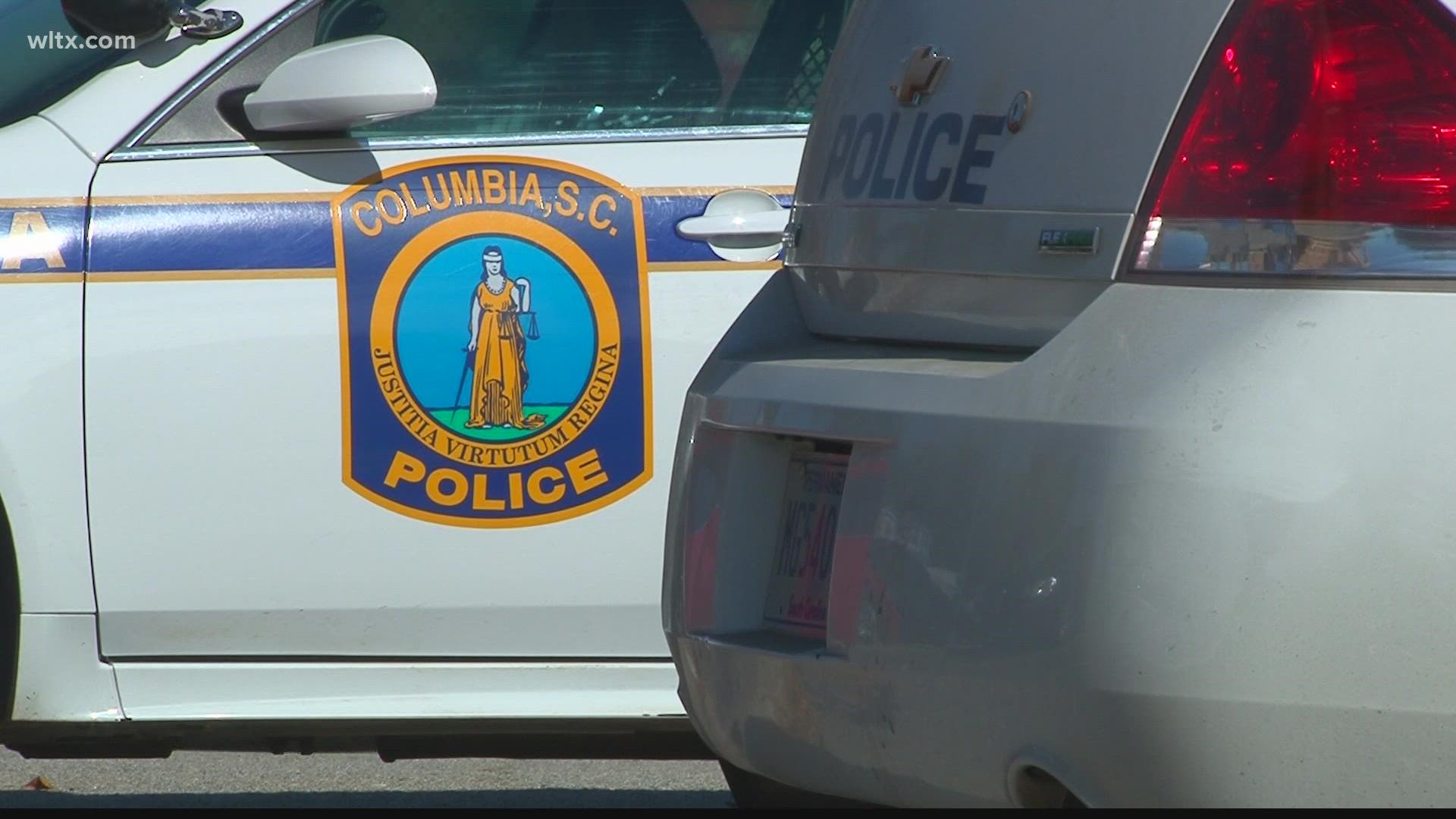The Columbia Police Department says it is expanding a special unit staffed with mental health counselors to respond to mental health or behavioral related calls for service.
“We do not arrest our way out of a crisis," Columbia police chief Skip Holbrook said. "There are people in our community who need significant mental health intervention and care rather than a bed inside a jail cell."
The existing Pathways Unit is made up of South Carolina Department of Mental Health (SCDMH) counselor and a Columbia Police Department (CPD) officer who is certified as a Crisis Intervention Team (CIT) member and crisis negotiator. This program has been in place since 2021.
Typically, the calls received are non-violent in nature but can also be made when a citizen needs intervention or hospital care, according to police.
If there is an emergency, police say the Pathways Unit can assist a mental health client who may require additional services. Unit members can also make after-hours referrals by calling a dedicated mobile crisis hotline.
Once a referral is made and services are used, Pathways Unit members follow up with a mental health client at their homes or last known location to determine if additional assistance is needed.
Police say the newly-approved expansion will allow additional counselors to join the Pathways Unit and further its overall mission and services provided.
Since the Pathways Unit was deployed last fall, police say the unit has made contact with 120 citizens experiencing some form of mental crisis.
Additionally, since 2018, CPD has been a part of the ‘One Mind Campaign,’ an initiative that lays a foundation for successful interactions between officers and persons affected by mental illness.
All sworn CPD officers receive basic Mental Health Crisis Intervention Training (CIT) from certified National Alliance on Mental Illness (NAMI) instructors on a yearly basis. In fact, 179 officers have received the valuable training.
"The partnership joins and develops additional support for those affected by mental illness and determines specific needs while showing care and compassion,” Holbrook said.
Several other police and sheriff departments across the Midlands have similar programs in place, including West Columbia Police Department, who implemented a similar program six years ago. The department teamed up with the University of South Carolina’s College of Social Work. Two graduate-level social worker students who go through calls for service and make contact with individuals that called for mental health and/or substance use assistance. The idea is to build a relationship and help reduce the number of calls of mental health crisis.
At the Newberry County Sheriff's Department, a South Carolina Department of Mental Health officer is embedded in the office.
Over in Lexington County, the sheriff's department has been offering something similar for four years, they too working closely with the Department of Mental Health.
Sumter Police Chief Russell Roark saying, "Officers undergo extensive, ongoing training on de-escalation to include scenario-based situations involving mental health-related calls as well as provide them with specialized training through the National Alliance on Mental Illness (NAMI). Specialized teams that include officers, who are NAMI certified, can be deployed on each shift to provide crisis intervention as the need arises. The state Department of Mental Health’s crisis response team also assists us on mental health calls."
The Richland County Sheriff's Department also launched a similar initiative over a year ago. The department have two full time Crisis Management Teams with embedded clinicians and clinician part of the Victim Service Unit and in the process of hiring one for 911 Communication center.

